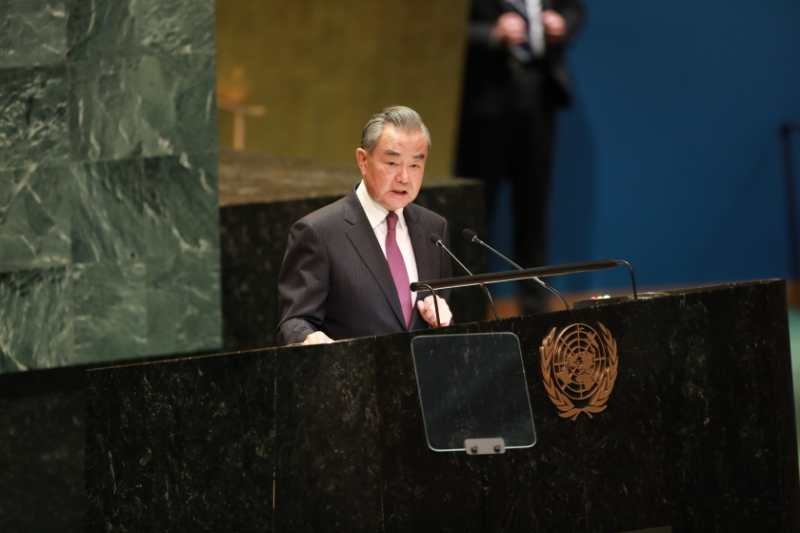Pressure mounts on Israel for cease-fire
Experts urge the implementation of UN resolution, highlighting US bias attitude


Israel kept up its bombardment of Gaza on Tuesday after Prime Minister Benjamin Netanyahu ruled out ending its eight-month-long fighting in the enclave any time soon, as experts call for the implementation of the United Nations cease-fire resolution.
Netanyahu said late on Sunday that he would only accept a partial cease-fire deal that would not end the conflict in Gaza.
He said he was ready to make a partial deal to bring back some of the 120 hostages still held by Hamas in the Gaza Strip, but "we are committed to continuing the war after a pause, in order to complete the goal of eliminating Hamas".
Since the UN resolution's adoption on June 10, Hamas has notified mediating parties Qatar, Egypt and the United States that it welcomes the adoption and stated its readiness to implement the resolution.
Although the White House keeps talking of Israeli acceptance, Israel, however, has so far failed to officially announce it would carry out the resolution that requires an immediate cease-fire in the Gaza Strip, release of all hostages and no hindrance to the flow of humanitarian aid into Gaza.
Hamas noted Netanyahu's position is "a clear confirmation of his rejection of the recent Security Council resolution and the proposals of US President Joe Biden", according to The Palestinian Information Center.
The US has pressured Hamas to agree unconditionally to its proposals for the three-phase Gaza cease-fire. Biden announced the proposal in May.
The US proposal holds Hamas responsible for the delay, rather than making Israel accept the UNSC resolution.
Abdalfatah Asqool, an international law lecturer at the University of Palestine in Gaza, told China Daily that what the US is doing is to give Israel more time to continue the conflict.
Three phases for peace
The UNSC Resolution 2735 specifies three phases for peace, the first of which would include an immediate, full and complete cease-fire with the release of hostages and the return of the remains of some hostages who have been killed, and the withdrawal of Israeli forces from the populated areas in Gaza.
Ayman Yousef, a professor of international relations at the Arab American University in Jenin, told China Daily there are questions regarding the US and Israel's differing views of the cease-fire proposal.
Yousef said the US has failed to differentiate between a temporary or permanent cease-fire, with the latter effectively meaning an end to the conflict.
This confusion has been passed to both Hamas and Israel, Yousef said, and Netanyahu is exploiting the gap between the different definitions of cease-fire.
Meanwhile, Israeli forces killed at least 24 Palestinians in three separate airstrikes early on Tuesday in Gaza City and the dead included a sister of Hamas political chief Ismail Haniyeh, Gaza health officials and medics said.
Israeli tanks also pressed deeper into the western areas of Rafah overnight, blowing up homes, residents said.
Two Israeli airstrikes hit two schools in Gaza City, killing at least 14 people, medics said. Another strike on a house in the Shati (Beach) camp, one of the Gaza Strip's eight historic refugee camps, killed 10 others.
The house in Shati belonged to the extended family of Haniyeh, who is based in Qatar, killing one of his sisters along with other relatives too, family members and medics said.
Haniyeh, who leads Hamas' diplomacy and is the public face of the group that has been running Gaza, has lost many relatives in Israeli airstrikes since Oct 7, including three sons.
The health ministry in Hamasrun Gaza said Tuesday that at least 37,658 people have been killed during more than eight months of war between Israel and Palestinian militants.
Agencies contributed to this story.
mikegu@chinadailyhk.com
































